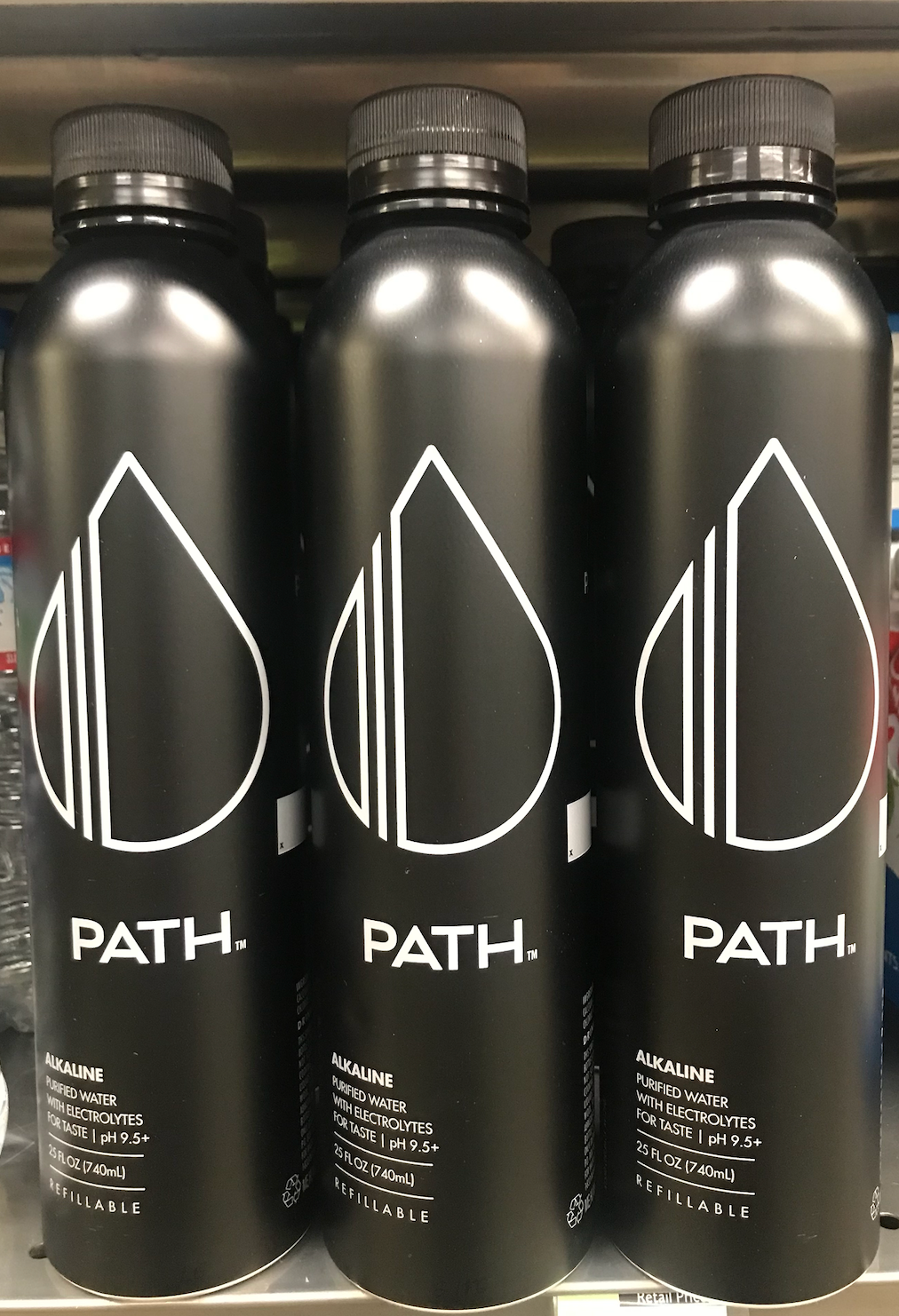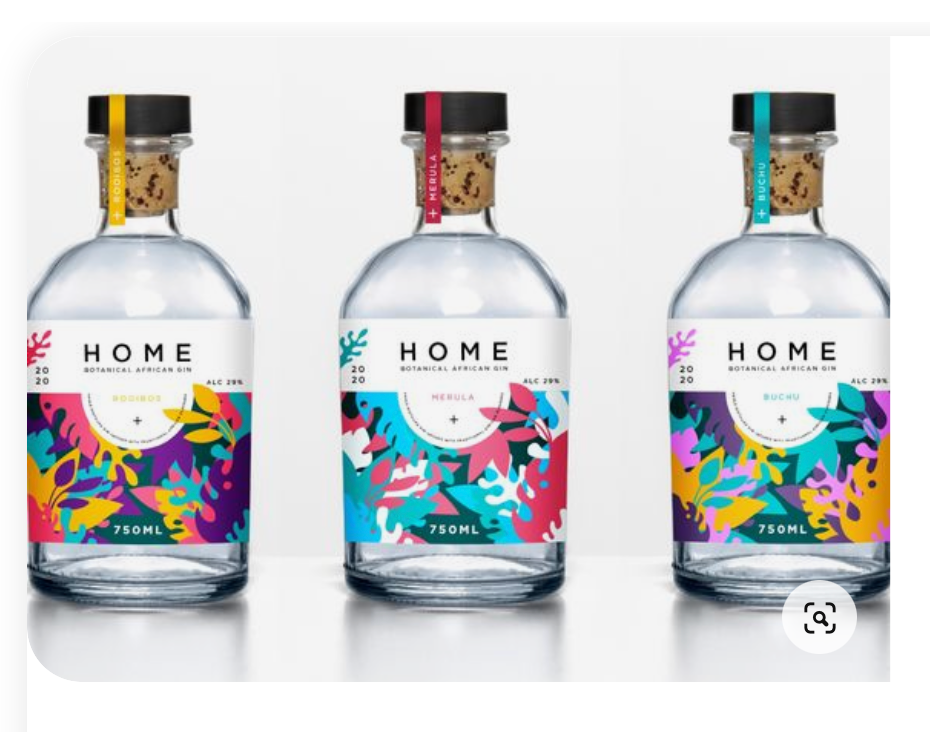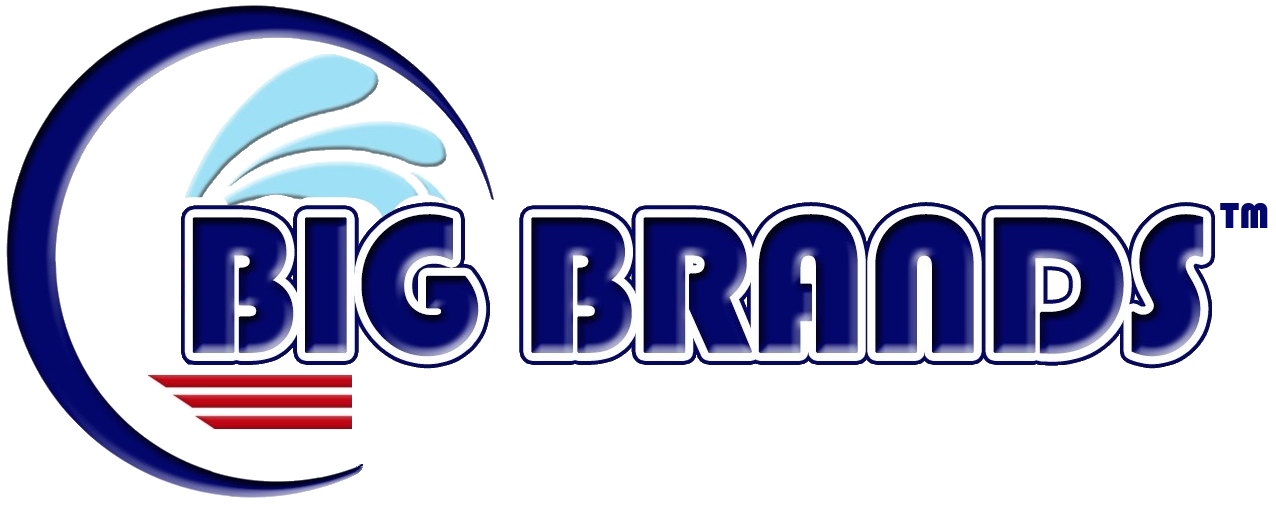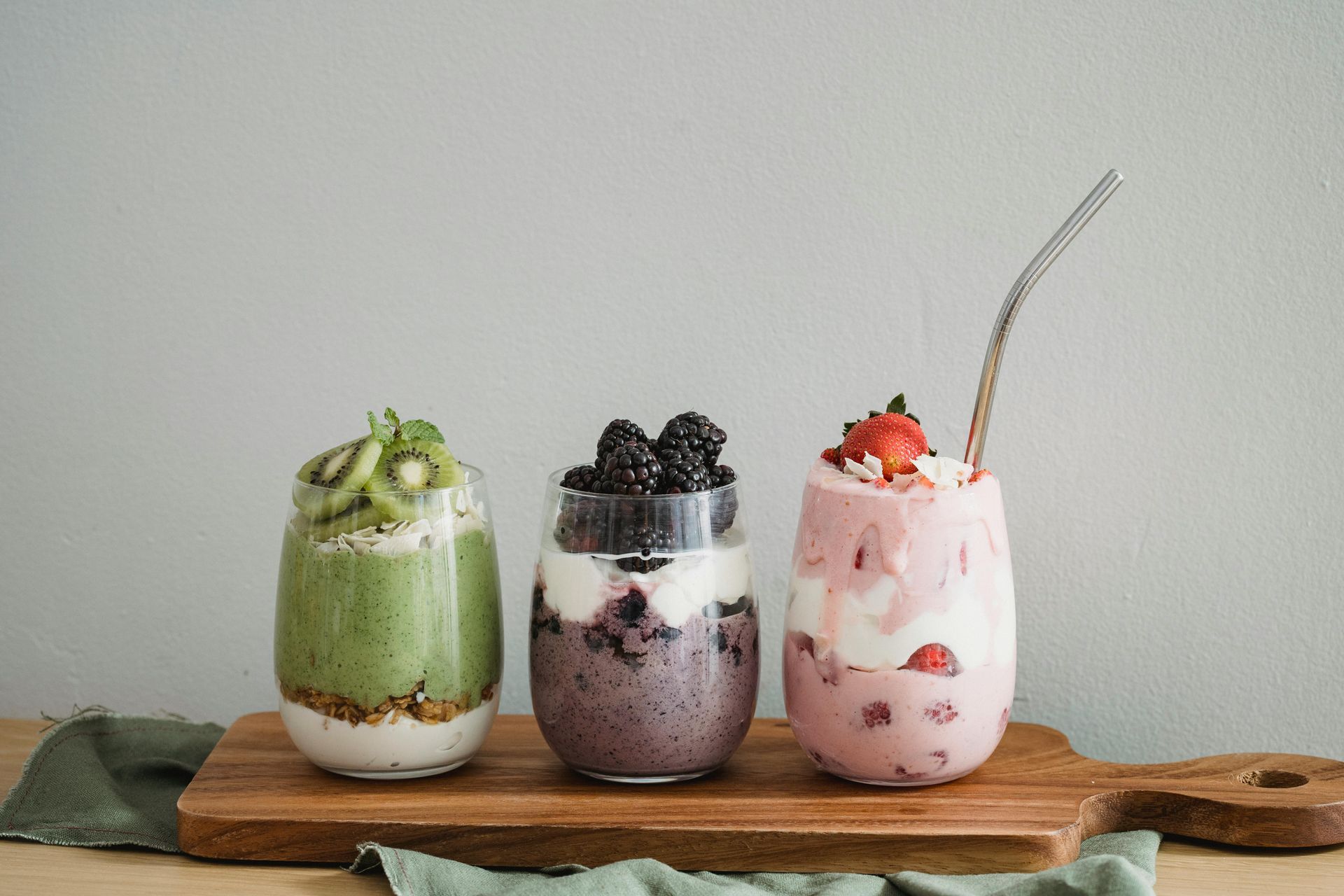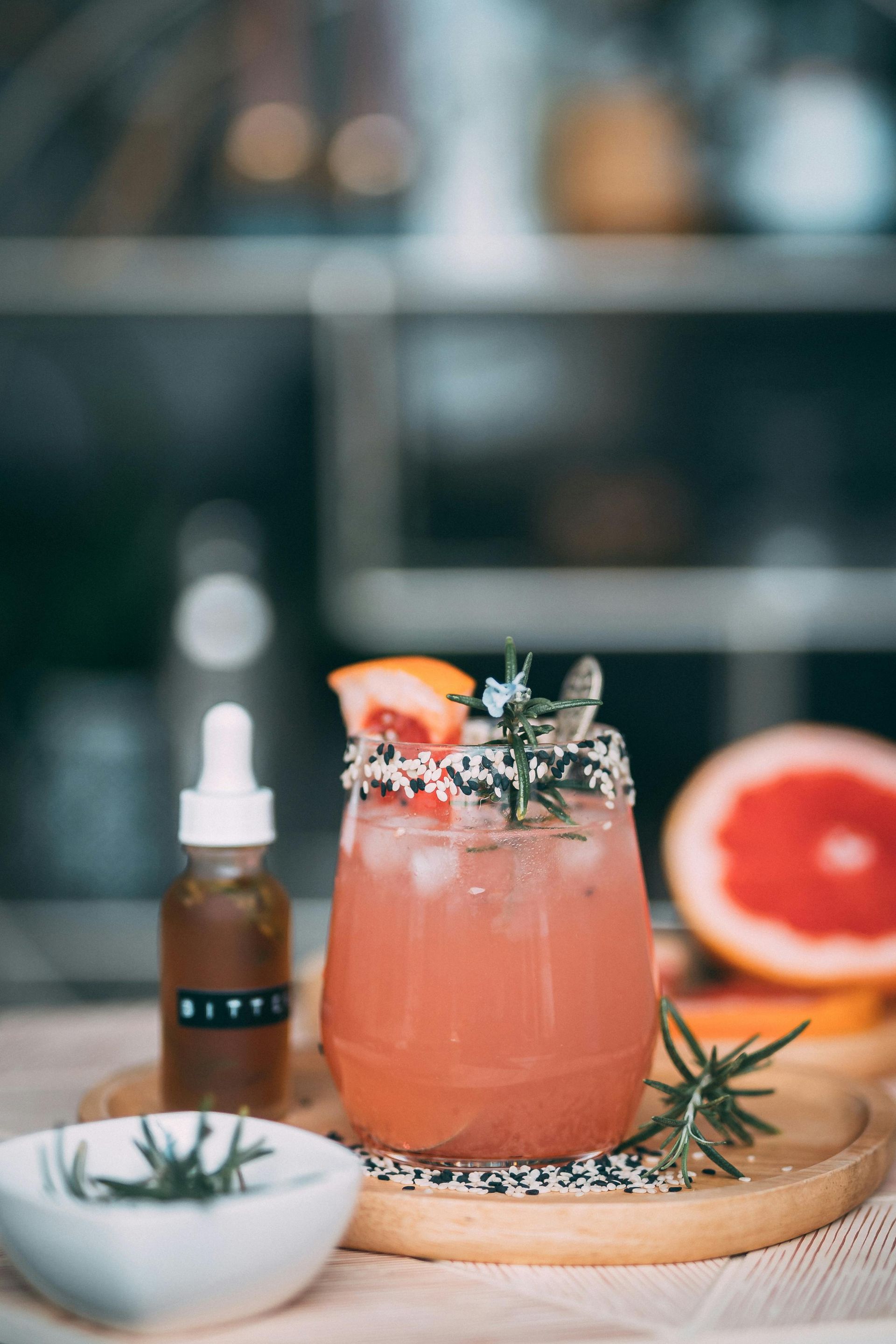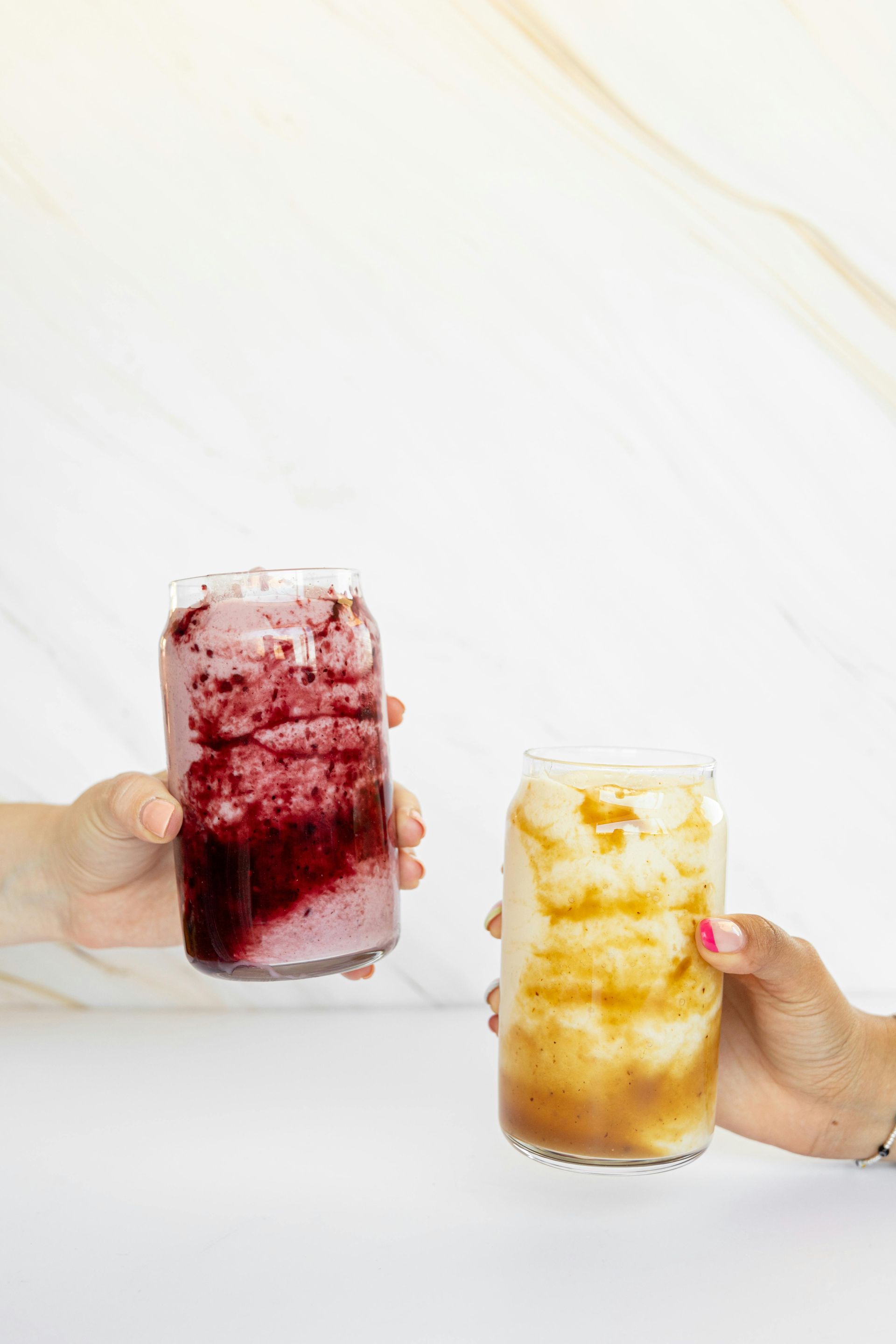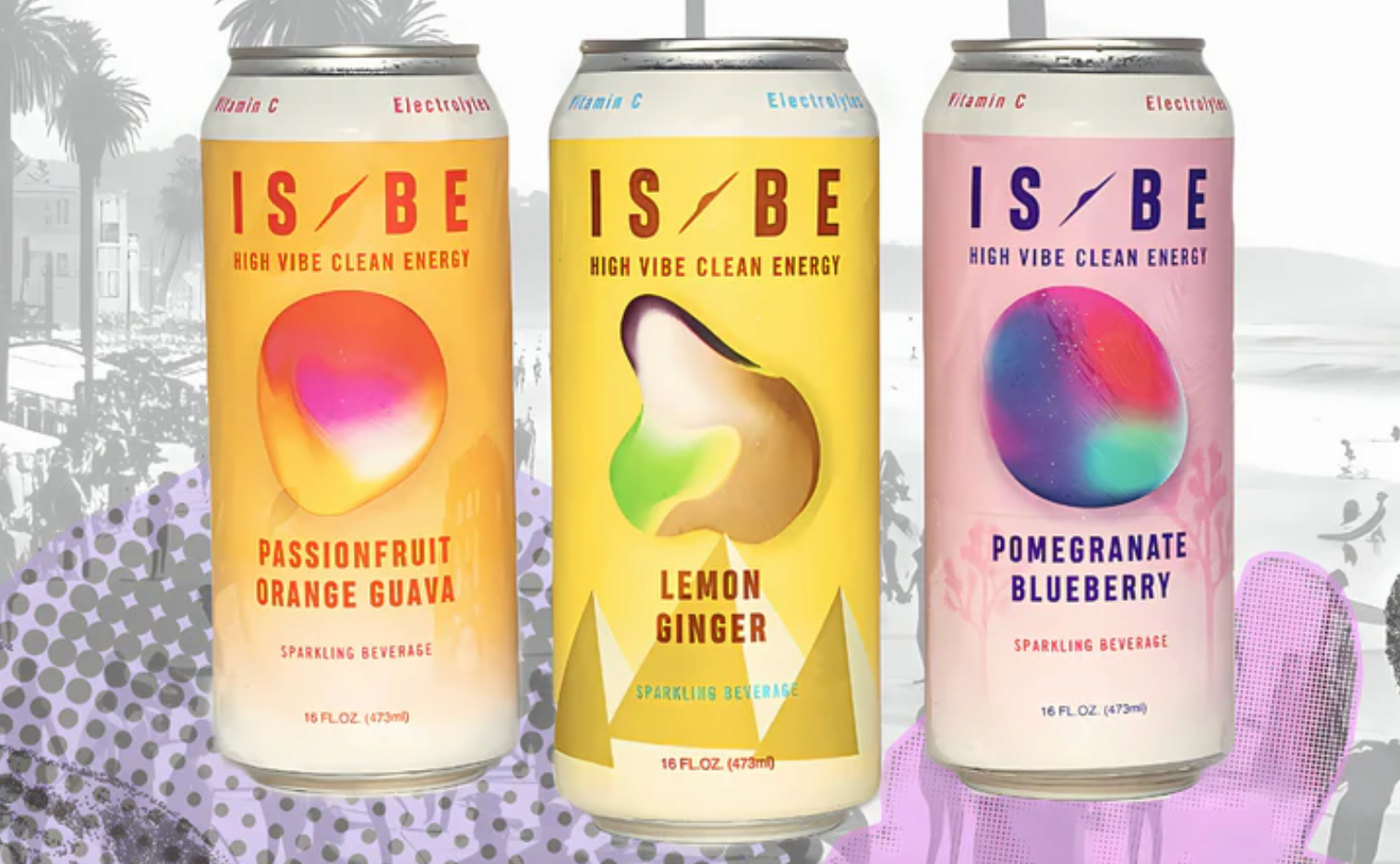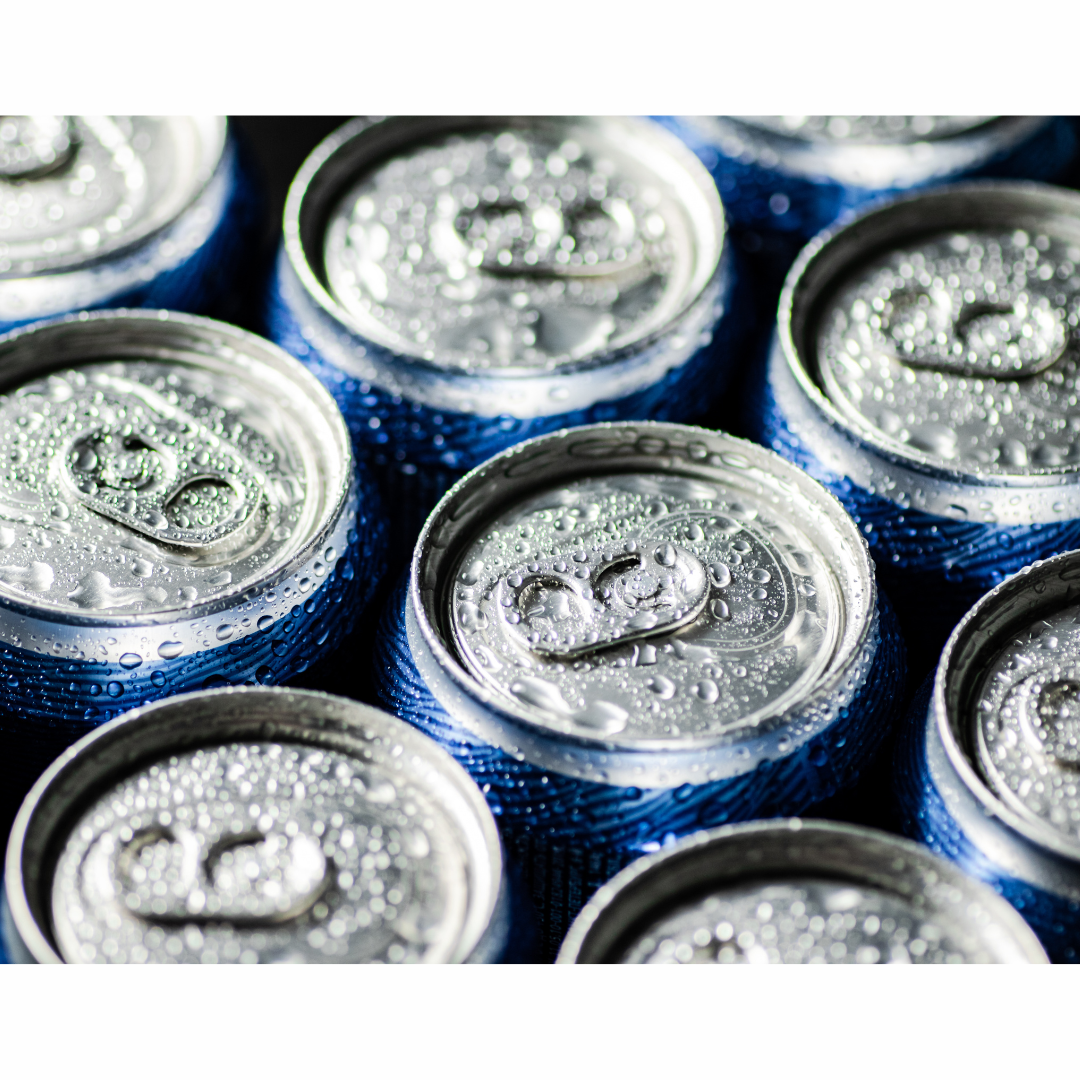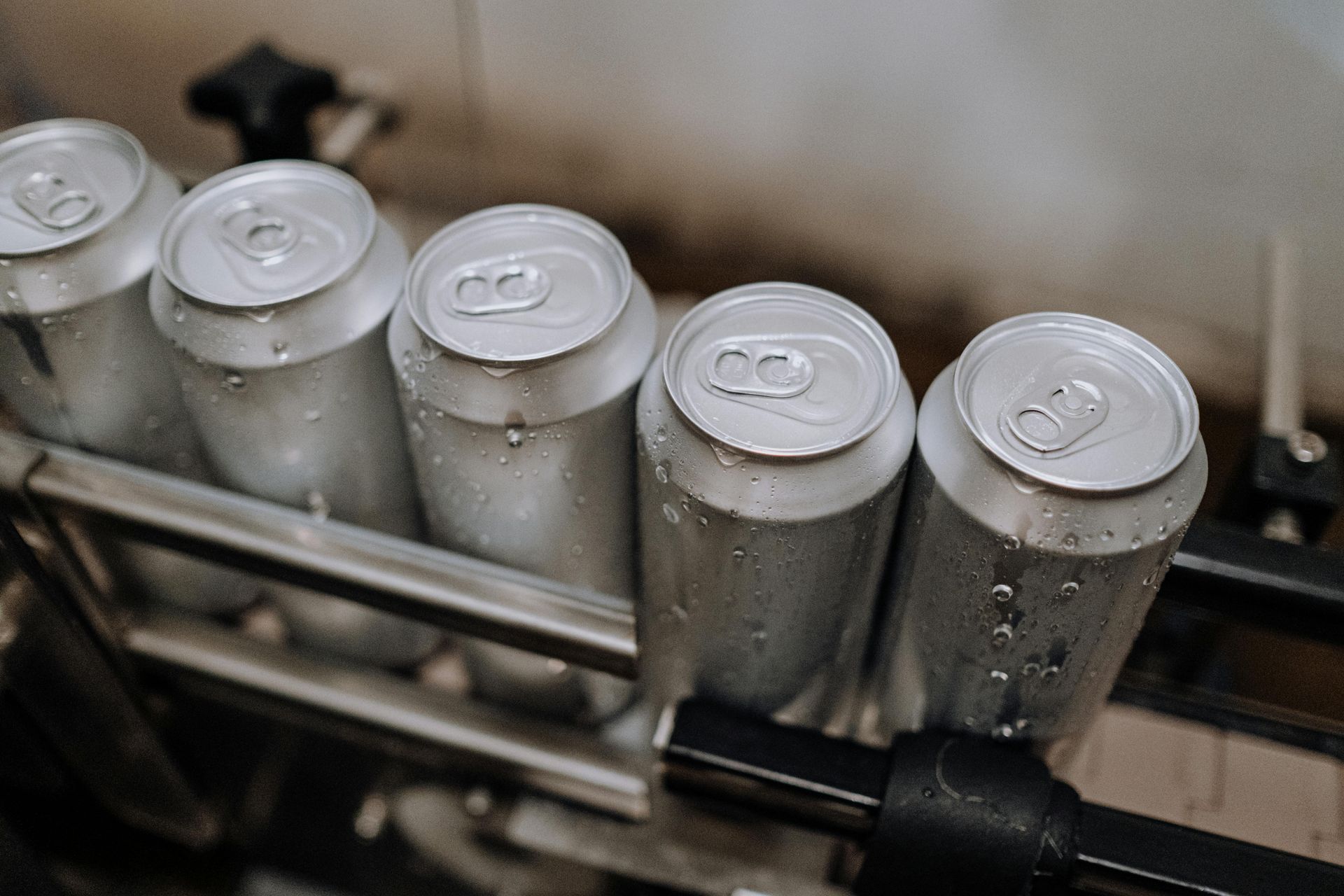Having your beverage formulated by the same company that manufactures your beverage can offer several advantages in terms of quality control, efficiency, and cost-effectiveness. Big Brands provides you with both the same company to formulate your beverage and manufacture your beverage. Here are some key reasons why it makes sense:
1. Quality Control
- Consistency: When the same company does the beverage formulation and manufacturing of your beverage, they can ensure that the product is consistently produced to meet exact specifications. This reduces the risk of variability in taste, texture, and appearance.
- Tighter Integration: Your beverage formulation team has direct oversight of the manufacturing process, which allows them to adjust formulations based on production feedback, ingredient quality, or any other real-time factors that may arise during production.
2. Cost Efficiency
- Reduced Communication and Coordination Costs: When beverage formulation and beverage manufacturing are handled by different entities, there can be inefficiencies in communication, resulting in additional costs or delays. A single company handling both tasks reduces these overheads. Let Big Brands be the company that formulates and manufacturers your beverage.
- Streamlined Supply Chain: A unified approach means that the company can better optimize the supply chain, potentially reducing costs related to sourcing ingredients, packaging, and logistics.
- Lower Development Costs: By working with one company, you can often access a more cost-effective solution for both the R&D phase and large-scale production. Companies can build efficiencies into their processes that save money at each stage of development and manufacturing.
3. Faster Time to Market
- Better Coordination: When both beverage formulation and beverage manufacturing are under the same roof, changes or adjustments can be implemented more quickly, leading to faster product iterations or rollouts.
- Fewer Delays: Since both teams are aligned and there are no external stakeholders involved, any issues that arise in either the formulation or production stage can be addressed immediately, reducing delays.
4. Customization and Flexibility
- Tailored Solutions: The company that formulates and manufactures your beverage is more likely to be flexible and open to customization, as they have a better understanding of the production capabilities and constraints.
- Quick Iterations: If there is a need to adjust the product based on market feedback, consumer demand, or regulatory requirements, it’s easier to make quick changes when the same company is handling both formulation and production.
5. Regulatory Compliance
- Streamlined Compliance: The manufacturer-formulator is likely to be better attuned to industry regulations, including ingredient restrictions, labeling laws, and safety standards. Having both functions under one roof ensures that all aspects of the product—from development to manufacturing—meet regulatory guidelines.
- Certifications and Standards: If you are seeking certifications like organic, gluten-free, or non-GMO, it’s easier to meet those requirements when the same company is in charge of both the formulation and manufacturing processes, ensuring consistency and compliance at every stage. Big Brands can provide you with those certification standards.
6. Innovation and Expertise
- Leverage Internal Knowledge: Companies that both formulate your beverage and manufacture your beverage often have a deep understanding of both ingredients and production technologies. This allows them to innovate and suggest novel ingredients or techniques that enhance the quality or appeal of the beverage.
- Informed Problem Solving: If there are production-related challenges (e.g., flavor degradation, ingredient sourcing issues), the formulators will likely be on-site and can more effectively address these challenges in real time, ensuring the product remains on track.
7. Stronger Partnership
- Long-Term Collaboration: A close relationship between beverage formulation and beverage manufacturing teams fosters stronger collaboration. Both sides are invested in the success of the product, and any issues or improvements are dealt with proactively.
- Shared Goals: A unified team is more likely to align on the goals of the beverage, whether it’s taste, health benefits, sustainability, or other key factors, ensuring a cohesive product vision.
8. Control Over Intellectual Property (IP)
- Protecting Formulation Secrets: If a beverage formulation is unique or proprietary, working with a single company reduces the risk of IP leakage or disputes, as you don’t have multiple entities involved who could potentially have access to sensitive formulation details.
Conclusion
By having the same company handle both your beverage formulation and beverage manufacturing, this helps ensure a more streamlined, cost-effective, and high-quality beverage development process. It allows for better control over product consistency, a quicker time-to-market, and a more flexible, responsive approach to product development. Ultimately, this partnership reduces the chances of miscommunication or inefficiency and helps ensure that the final product matches your vision.
